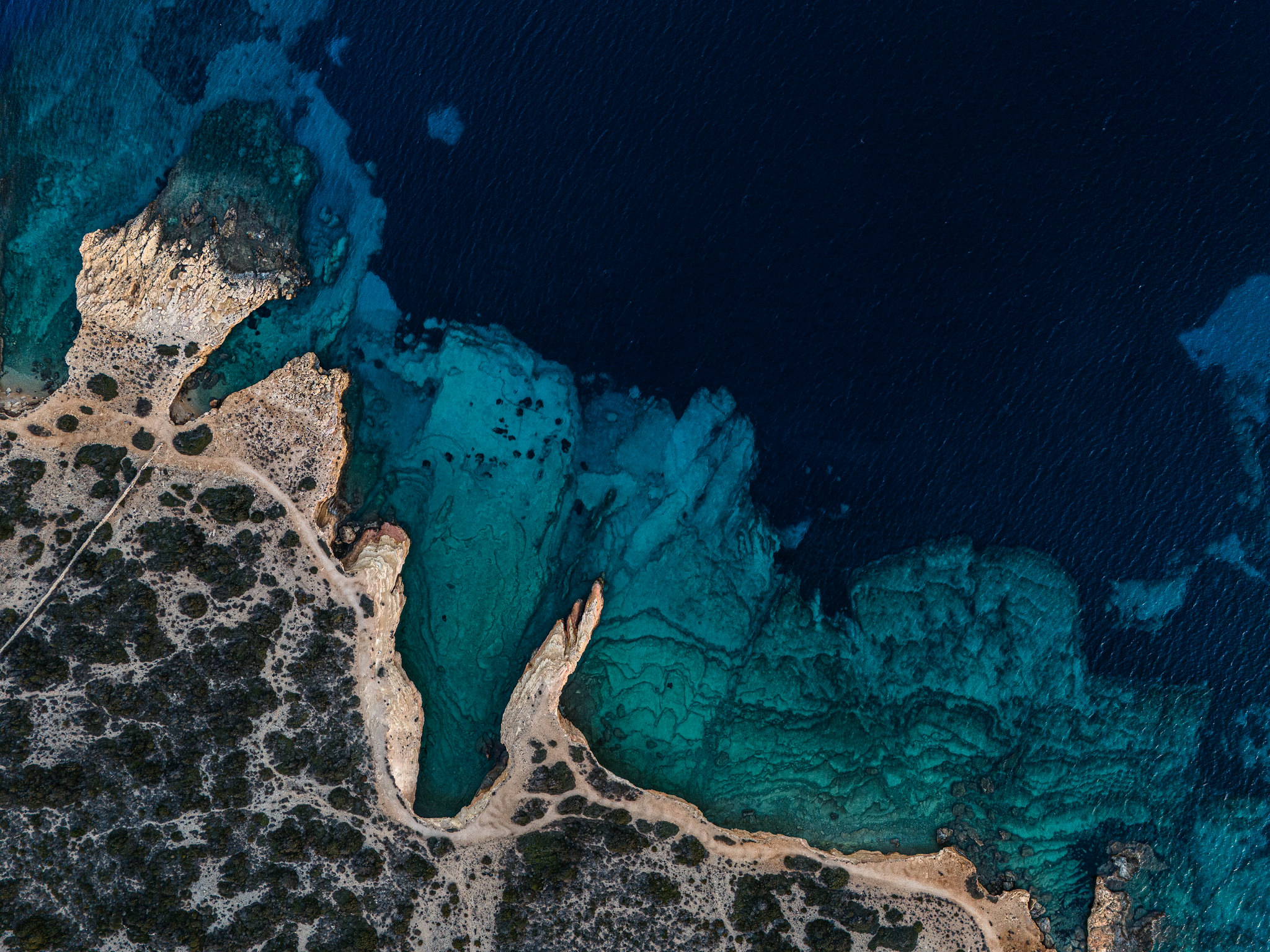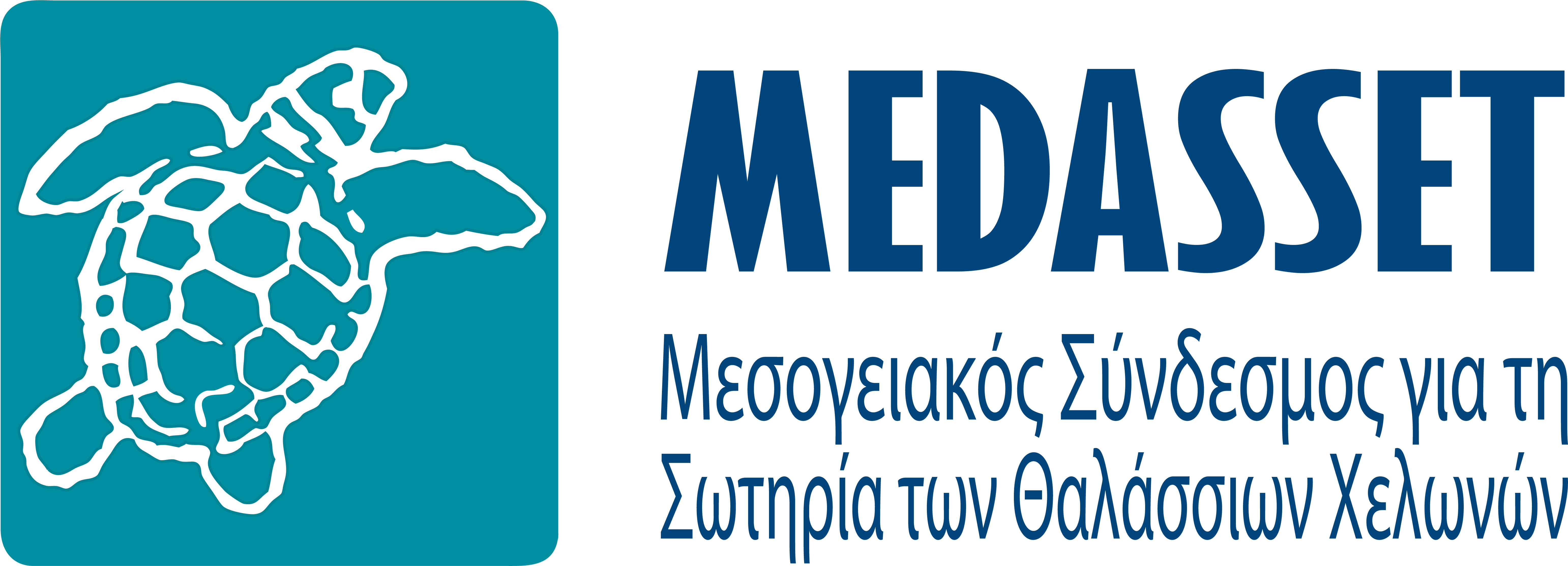Executive Summary Report on MPAs

Summary
The purpose of this report is:
a) to provide a rapid assessment of the management effectiveness of marine protected areas (MPAs) in Greece,
b) to identify the main challenges and management gaps, and
c) to propose priority actions to address these gaps. In this respect, we aim to contribute substantially to the strengthening of the management of the MPAs in our country, based on the extensive experience and know-how gained from our long-term involvement with the management of MPAs, for the achievement of the 30X30 target in Greece.
The network of MPAs was significantly expanded in December 2017 with the inclusion of new marine Natura 2000 sites. MPAs currently occupy an area of 22,796 km2 and cover 18.3% of Greek territorial waters. Most recently, key commitments related to the 30×30 and the MPAs were announced by the Greek Government at the 9th Our Ocean Conference hosted in Athens in April 2024. These commitments are deemed positive, but effective management and tangible action are the key challenges.
The methodology used for the MPA management assessment is based on a combination of existing methodological tools, and focuses on four interrelated themes, namely (i) Legislation and Management, (ii) Governance, (iii) Surveillance, Controls and Enforcement and (iv) Resources, which reflect critical elements for the effective management of protected areas.
The main conclusions of the assessment are as follows:
Legislation – Management: Very few marine Natura 2000 sites have a protective regime status and legally-established conservation measures. In particular, 12 (out of 174) marine Natura 2000 sites have a protective regime (either presidential decrees or mainly (temporary) ministerial decisions) which correspond to less than 3.4% of national waters. The few measures adopted are fragmentary, while most are temporary. They do not comply with the requirements of Directive 92/43/EEC for ‘comprehensive, clear and precise measures’, and they do not ensure the overall coherence of marine Natura 2000 and protection against pressures and threats. Regarding marine Special Areas of Conservation (SAC) integrated into the Natura 2000 network before 2017, Greece has not complied with the judgment of the CJEU (C-849/19) which declared Greece to be in violation of the Habitats Directive 92/43/EEC in relation for failing to establish all necessary conservation objectives and conservation measures.
In particular, it is noted that the conservation objectives established at Natura 2000 site level are incomplete due to ‘insufficient data’. The Special Environmental Studies project, designed and implemented by the Ministry of Environment and Energy to meet the country’s EU obligations, is significantly delayed, which calls into question the political will on the part of the country to complete this project and adopt protective measures in accordance with national and EU legislation. The transposition and implementation of the procedure for the appropriate assessment of the implications of projects and plans on Natura 2000 sites (Article 6(3) of Directive 92/43/EEC) is also problematic.
In the absence of legally-established management plans, the planning and implementation of management actions in practice is not systematic but on a case-by-case basis depending on the availability of resources. Monitoring actions are also inadequate due to lack of resources, and are mainly carried out on a case-by-case basis by the local management units. Finally, management evaluation is not systematically planned and thus fails to contribute to the required adaptive management.
Governance: The newly-established Natural Environment and Climate Change Agency (NECCA), a central body responsible for the management of protected areas, has contributed to the standardization of procedures concerning the MPAs with a view to strengthening the management and achieving a coherent MPA network in Greece (compared to the previous regime). However, gaps and challenges are identified with respect to the necessary personnel of NECCA and the local management units, especially given the diverse management needs, the extended spatial coverage of the areas of responsibility of each unit and the local characteristics (such as the insularity). In addition, problems are identified in critical elements of governance, such as the necessary coordination between competent authorities and bodies (cooperation between MoEE and Ministry of Agricultural Development and Food) and stakeholder engagement and participation in the management of MPAs.
Surveillance, Controls, Enforcement: The establishment of “Nature Guards bodies’ in each local management unit, the development of a Special Regulation for these bodies and the strengthening of NECCA’s responsibilities on controls and enforcement are positive developments in this field. However, there are still many gaps, such as insufficient resources in staff and equipment, inadequate and complex legal framework regarding enforcement-related competences and procedures, insufficient response of the authorities to incidents of non-compliance with the regulations, inadequate controls and enforcement of sanctions in practice.
Resources: The overall situation on resources is considered to be improved compared to the pre-2020 situation, mainly due to the regular funding of NECCA from the ordinary budget of the Ministry of Environment and Energy as well as due to the significant EU funding through the RRF, which is however a temporary financing instrument until the end of 2026. However, critical issues and challenges remain, such as the necessary funding to support the staffing of NECCA and the local management units so as to respond to their diverse needs, the lack of systematic recording of funding needs and calculation of the MPA’s operational costs to ensure their sustainability and the continuity of their funding.
The report concludes with specific priority actions per theme for strengthening the management of MPAs, summarized as follows:
Legislation and Management: Completion of the Special Environmental Studies, issuance of the presidential decrees and management plans for all MPAs which will include the necessary conservation measures, monitoring and assessment plans, and establishment of the appropriate conservation objectives.
Governance: Ensuring the appropriate staffing of NECCA, strengthening the participatory processes and coordination between all stakeholders (local management committees, MoUs and programming contracts).
Surveillance, Controls and Enforcement: Preparation and implementation of appropriate surveillance plans for all MPAs, adequate staffing of the Nature Guards bodies, strengthening of NECCA/management units control and enforcement competences, coordination among competent authorities and ensuring the necessary resources (including equipment).
Resources: Integrated planning for the identification and assessment of funding needs, proper allocation of the available resources and development of financial viability plans for the operation of MPAs.
This report was prepared in the framework of the project “Promoting the 30X30 target for an ecologically representative, coherent and well-managed network of Marine Protected Areas in Greece”, implemented in Greece by WWF Hellas and Greenpeace, funded by Oceans 5.
The main objective of the project is to contribute to Greece’s 30×30 target, which means that by 2030, thirty percent (30%) of Greece’s marine areas will be under effective protection and management.






